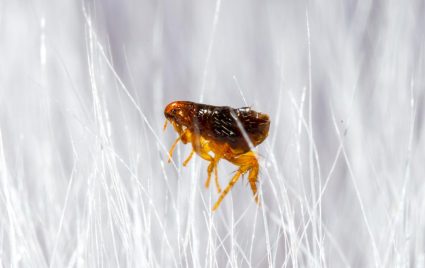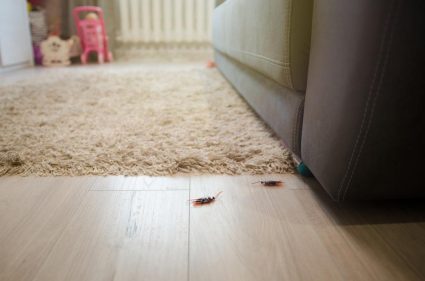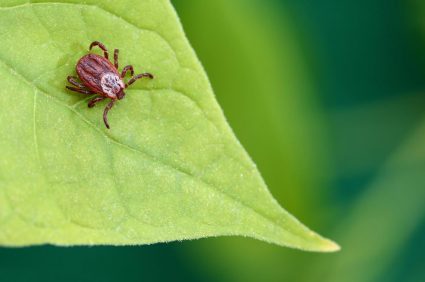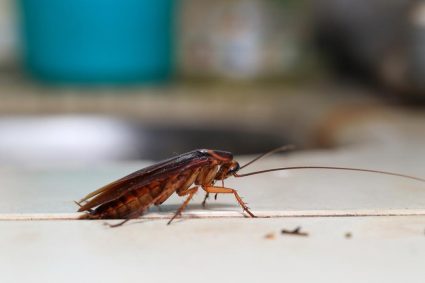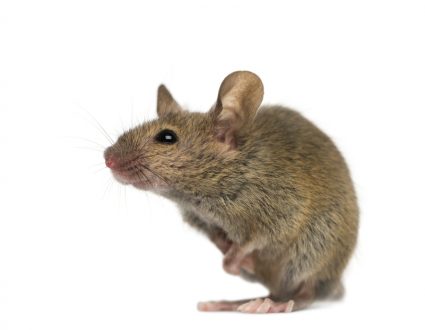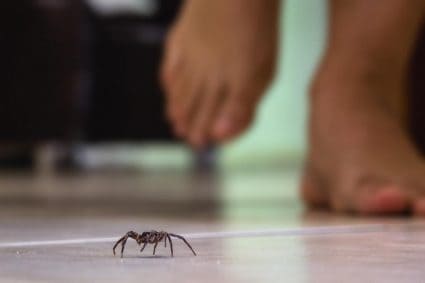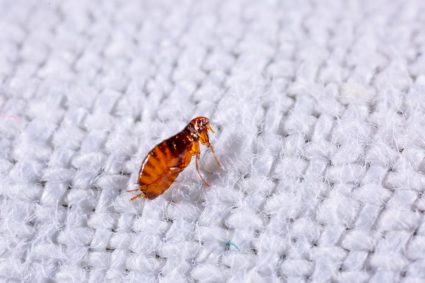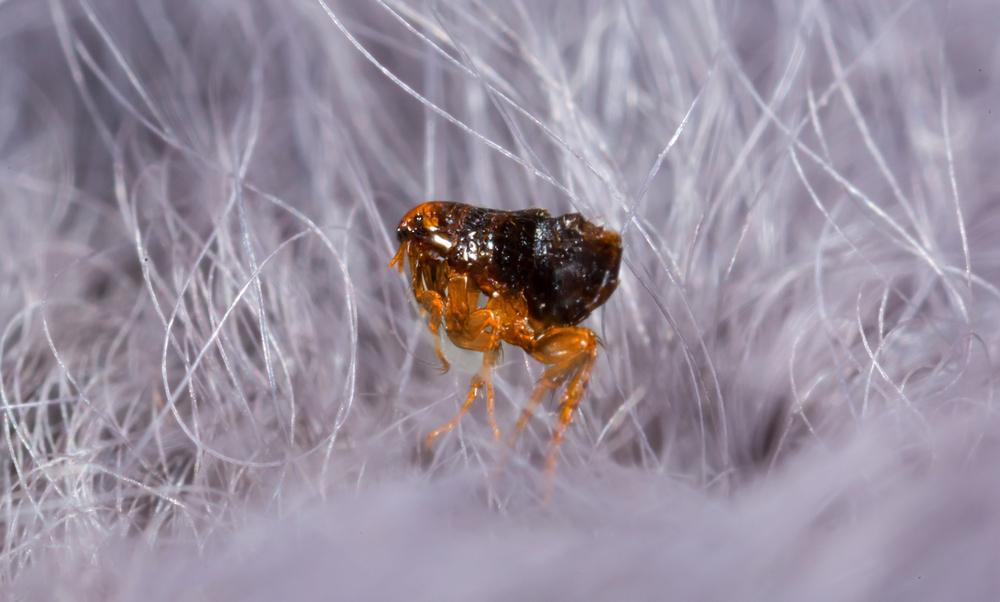
Fleas are notorious pests that can infest both our pets and our homes, but did you know that fleas can also bite and infest humans? The good news is that there are numerous ways to repel fleas and protect yourself from their bites. In this comprehensive guide, we will explore what repels fleas on humans, debunk common misconceptions about flea repellents, and provide effective solutions to keep these tiny pests at bay.
To repel fleas on humans, use insect repellents containing DEET, picaridin, IR3535, Oil of Lemon Eucalyptus (OLE), para-menthane-diol (PMD), or 2-undecanone. Protective clothing can also help, as can essential oils like lemongrass, lavender, and peppermint. Commercially available flea repellents and environmental modifications such as regular vacuuming and steam cleaning can also be effective. Always consult a professional for accurate information and effective flea control methods.
Insect Repellents: Your First Line of Defense
The first line of defense against fleas is using insect repellents. The Environmental Protection Agency (EPA) recommends using insect repellents containing DEET, picaridin, IR3535, Oil of Lemon Eucalyptus (OLE), para-menthane-diol (PMD), or 2-undecanone. These ingredients have been proven to repel a wide range of insects, including fleas.
Protective Clothing: An Extra Layer of Protection
Another effective method to repel fleas is wearing protective clothing. Fleas often bite on the lower legs and feet, so wearing long pants, socks, and closed-toe shoes can protect these areas.
Essential Oils: Natural Flea Repellents
Essential oils have been found to repel fleas effectively. Some of the best essential oils for this purpose include lemongrass, lavender, peppermint, eucalyptus, cedarwood, citronella, rosemary, basil, clove, and geranium oil. You can dilute these oils with a carrier oil and apply them to your skin or clothing. Always test a small area of your skin first to ensure you don’t have an allergic reaction.
Commercially Available Flea Repellents
There are also numerous commercially available products that can help repel fleas from humans. Some of these products include Wondercide Flea, Tick & Mosquito Spray, Adams Flea & Tick Home Spray, Off! Insect Repellent II, Clean Feel, Repel 100 Insect Repellent with DEET, and Natural Care Flea & Tick Home Spray.
Environment Modification: Preventing Flea Infestation
Modifying your environment is another effective way to decrease the likelihood of flea infestation. Regular vacuuming, steam cleaning of carpets, washing pet bedding, maintaining your yard, and using natural remedies like diatomaceous earth can help create an environment that is less conducive to flea infestations.
Common Misconceptions About Flea Repellents
Despite the availability of various flea repellents, there are several common misconceptions. These include the belief that natural home remedies are enough, that chemical use is always harmful, and that ultrasonic devices are effective. It’s essential to consult a professional pest control service or veterinarian for accurate information and effective flea control methods.
Safely Using Flea Repellents on Children and Pets
When using flea repellents on children and pets, it’s essential to choose products that are safe and effective. Always follow the instructions on the product label and consult a healthcare professional or veterinarian if you have any concerns or questions.
The Best Flea Treatments for Pets
Keeping your pets free of fleas is crucial in preventing flea infestations in your home and on humans. Some of the most effective flea treatments for pets include Frontline Plus, Sentry Fiproguard, Seresto Flea and Tick Collar, Simparica Trio Chews, and Adams Plus Flea and Tick Shampoo.
In conclusion, while fleas can be a nuisance, there are numerous ways to repel them and protect yourself from their bites. From using insect repellents and essential oils to modifying your environment and treating your pets, you can effectively keep these tiny pests at bay. Always remember to consult a professional if you have any concerns or questions about flea control.
Frequently Asked Questions
How often should I apply insect repellents to keep fleas away?
The frequency of application depends on the specific product and its concentration of active ingredients. Always follow the instructions on the product label. Generally, most insect repellents need to be reapplied every few hours for continuous protection.
Can I use essential oils directly on my skin to repel fleas?
Essential oils should never be applied directly to the skin as they can cause irritation or allergic reactions. Always dilute them with a carrier oil like coconut or jojoba oil before applying to the skin.
What type of protective clothing is most effective against flea bites?
Fleas often bite on the lower legs and feet, so wearing long pants, socks, and closed-toe shoes can provide good protection. Choose light-colored clothing to make it easier to spot fleas.
Are all commercially available flea repellents safe for children and pets?
Not all flea repellents are safe for children and pets. Always check the product label for any age or species restrictions and consult a healthcare professional or veterinarian if you have any concerns.
How can I prevent my pet from getting fleas?
Regularly using vet-approved flea treatments, keeping your pet’s bedding clean, and maintaining a clean home and yard can help prevent your pet from getting fleas. Regular check-ups with the vet can also help detect and treat any flea infestations early.

